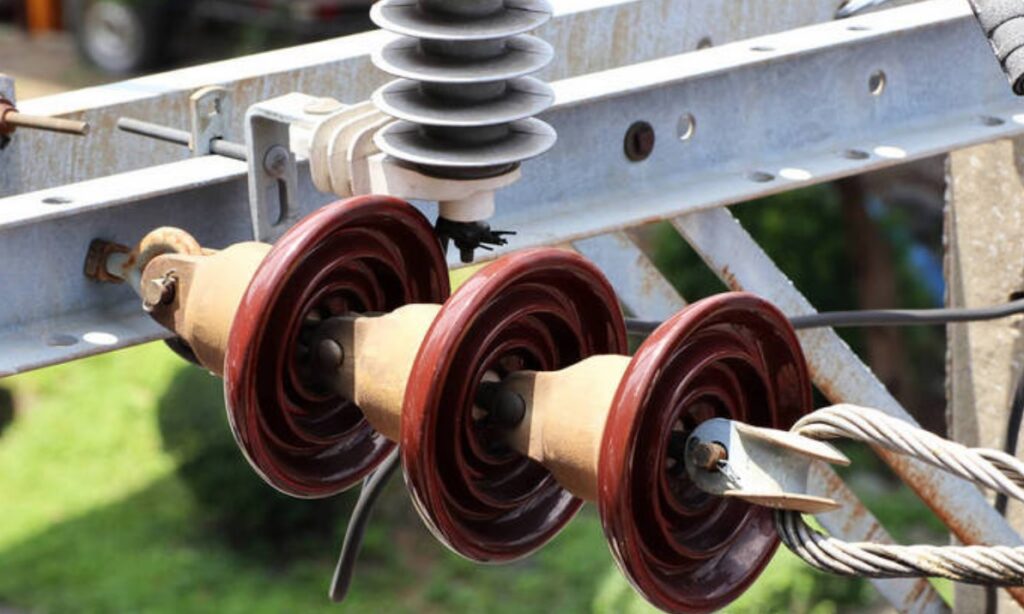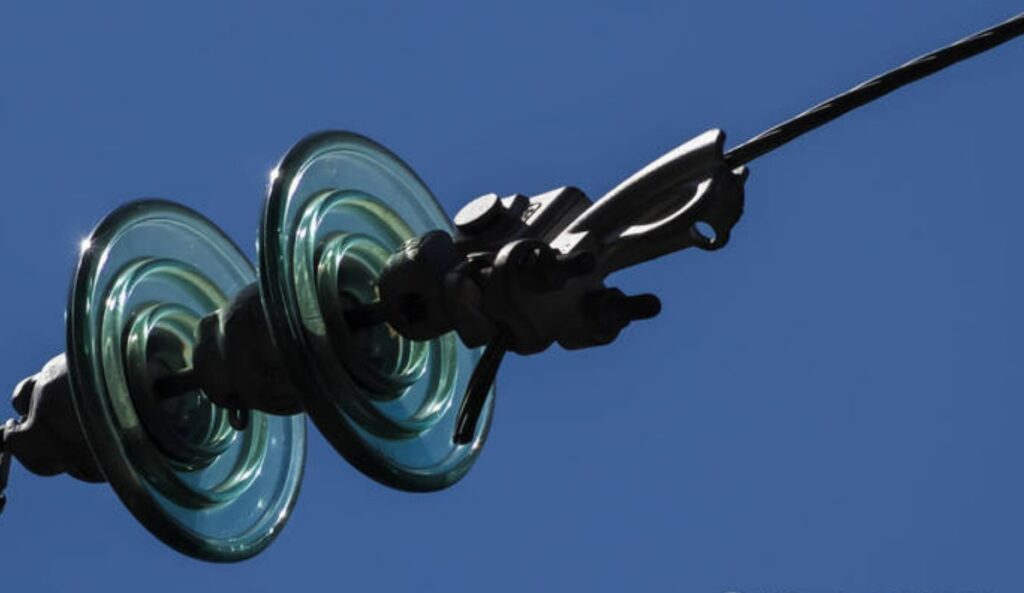I. Introduction
Overhead lines are a crucial part of the power transmission and distribution system. One of the key components of these lines is the insulator. Insulators play a vital role in ensuring the safe and efficient flow of electricity.
II. Types of Insulators
There are several types of insulators used in overhead lines. The most common ones are porcelain insulators. Porcelain insulators are known for their durability and high dielectric strength. They can withstand harsh environmental conditions and are resistant to electrical breakdown.
Another type of insulator is glass insulator. Glass insulators offer good electrical properties and are also relatively durable. They are often used in areas where visibility is important, as they are easier to inspect for damage.
Composite insulators have also gained popularity in recent years. These insulators are made of a combination of materials such as silicone rubber and fiberglass. They offer several advantages over traditional insulators, including lighter weight, better resistance to pollution, and lower maintenance requirements.
III. Factors Affecting Insulator Choice
The choice of insulator for overhead lines depends on several factors. One of the main considerations is the voltage level of the line. Higher voltage lines require insulators with higher dielectric strength to prevent electrical breakdown.
The environmental conditions also play a role in the selection of insulators. Areas with severe weather conditions, such as high winds, heavy rain, or ice loading, may require insulators that can withstand these forces.
Pollution levels in the area are another important factor. Insulators that are resistant to pollution buildup can help maintain the reliability of the power system.
In addition to these factors, cost and maintenance requirements also need to be considered. Different types of insulators have different costs and maintenance needs, so it is important to choose an insulator that is both cost-effective and reliable.
IV. Conclusion
Overall, the choice of insulator for overhead lines is a complex decision that depends on multiple factors. By considering these factors and choosing the right insulator, power companies can ensure the safe and efficient operation of their transmission and distribution systems.
Insulators are an essential part of overhead lines, and their proper selection is crucial for the reliable supply of electricity. Whether it is porcelain, glass, or composite insulators, each type has its own advantages and disadvantages. Power companies must carefully evaluate their needs and choose the insulator that best suits their specific requirements.
With the continuous development of technology, new types of insulators may emerge in the future, offering even better performance and reliability. As the demand for electricity continues to grow, the importance of choosing the right insulator for overhead lines will only increase.



